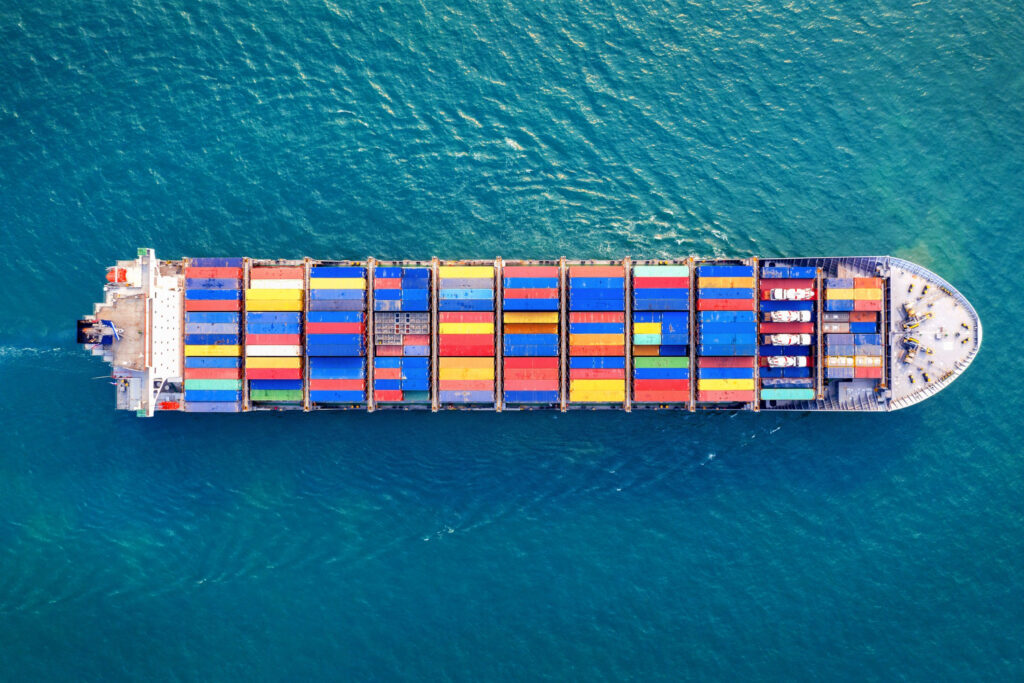
Enhancing Security and Compliance in the Evolving Trade Landscape
In today’s complex global trade environment, securing supply chains and ensuring regulatory compliance are more important than ever. The Customs Trade Partnership Against Terrorism (CTPAT) Trade Compliance Program is a key initiative, integrating Importer Self-Assessment (ISA) members into a broader compliance framework. This program not only strengthens security measures but also provides tangible benefits for businesses navigating international trade.
What is the CTPAT Trade Compliance Program?
The CTPAT Trade Compliance Program is designed to enhance security while promoting a seamless trade environment. It brings together security and trade compliance under one umbrella, offering businesses a trusted trader status that can result in significant operational efficiencies.
Key components of the program include:
- A phased integration of ISA members into CTPAT Trade Compliance
- A Trade Compliance Portal to streamline communication and document submission for members.
- A National Account Manager (NAM) system, ensuring dedicated CBP support for compliance efforts.
- Annual Notification Letters (ANL), requiring members to verify continued adherence to program standards
By merging security and trade compliance requirements, CTPAT creates a more resilient and trusted supply chain model.
Why Join the CTPAT Trade Compliance Program?
For businesses involved in international trade, participating in the CTPAT program provides several strategic advantages:
1. Expedited Customs Clearance
One of the most significant benefits of CTPAT compliance is the ability to reduce customs processing times. Members can take advantage of:
- A lower risk profile during CBP inspections.
- Front-of-the-line privileges for cargo clearance.
- Reduced examination rates, minimizing shipment delays
2. Improved Risk Management
CTPAT members must maintain a robust internal control system, conduct regular risk assessments, and ensure documented trade compliance procedures. These measures help businesses mitigate security risks and regulatory penalties.
3. Enhanced Business Reputation
Global buyers and partners increasingly prioritize working with compliant and secure suppliers. CTPAT certification enhances a company’s marketability by demonstrating a commitment to security, compliance, and efficiency in trade practices.
4. Increased Supply Chain Visibility
The integration of the Trade Compliance Portal allows businesses to track, manage, and report trade activities with greater accuracy. This transparency helps companies respond proactively to emerging trade risks and regulatory changes.
Key Compliance Requirements
To qualify for CTPAT Trade Compliance, businesses must meet several eligibility criteria, including:
- Being a U.S. or Canadian importer with a history of strong compliance.
- Implementing a system of internal controls for trade compliance.
- Conducting annual risk assessments to evaluate supply chain vulnerabilities.
- Demonstrating social compliance efforts, particularly regarding forced labor regulations
Failure to meet these requirements can result in revocation of CTPAT membership, affecting access to trade benefits.
Looking Ahead: The Future of Trade Compliance
With growing regulatory scrutiny on forced labor, cybersecurity, and agricultural security, businesses must remain proactive in adapting to new compliance measures. Future updates to the CTPAT program are expected to strengthen enforcement and expand compliance requirements, making early adoption a strategic advantage.
By integrating CTPAT Trade Compliance principles, businesses can enhance security, improve efficiency, and maintain a competitive edge in global markets.
Final Thoughts
The CTPAT Trade Compliance Program is not just about meeting government regulations—it’s about building a stronger, more secure supply chain. Companies that invest in compliance today will be well-positioned to navigate future trade challenges with confidence.
